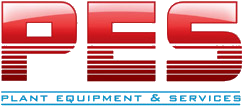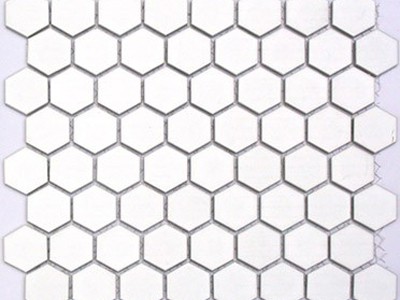Ceramic coating is one of the most common and versatile types of coatings that we apply at Plant, Equipment and Services. Our ceramic coating process feeds a variety of ceramic material compositions to create high quality coatings that enhance performance of the underlying surface. The particular coating process chosen and the ceramic materials selected depend on factors such as coating functionality, thickness required and other economic considerations. This article will discuss the common types of a ceramic materials, their uses and the benefits of ceramic coatings.
Common Types of Ceramic Materials and Their Uses
Here is a list of ceramic materials commonly applied that are often used in surface coating processes:
- Zirconium Oxide: Frequently used in molten contacts and for thermal barrier coatings
- Aluminum Oxide (Alumina): Frequently used for non-conductivity and wear resistance combined with corrosion resistance
- Titanium Dioxide: Frequently used for resistance to wear by abrasive grains and hard surfaces
- Chrome Oxide: Frequently used to seal surfaces, for wear and corrosion resistance
- Alumina-Titania: Frequently used for corrosion resistance in numerous seawater applications. It also exhibits very good non-conductive properties.
Benefits of Ceramic Coatings
One of the main reasons you should opt for ceramic coatings is due to the numerous benefits that this type of coating offers to the substrate that is coated. These benefits include:
- Make the substrate more wear resistance
- Confer corrosion protection to the surface
- Provide thermal insulation
- Provide electrical insulation
- Let the substrate appear more aesthetically appealing
- Increase the hardness of the substrate
Wide Variety of Applications in Different Industries
Ceramic coatings are sought after because they have a widespread appeal across a variety of industries. The steel industry utilizes ceramic coatings to provide the much needed properties of corrosion and wear protection. The textile industry takes advantage of ceramics with equipment that features components such as heater plates and rolls to maximize their wear resistant functions. Additionally, the marine and defense sectors use ceramics for resistance to corrosion by salt water along with non-conductive and wear resistant properties.
PES-Solutions believes ceramic coatings can deliver the surface protection that your business desires. Our team will review your needs and help you understand how to select the most appropriate ceramic materials to assist your in achieving the best surface engineering results. Contact us with the link below for more information!


Thank you for taking the time to educate people by writing this article. The average person does not know much about this stuff, so it is good that someone is taking the time to put high quality material out there to inform and educate. We recently opened our own ceramic coating operation in our hometown of Chesterfield, Virginia, and we like to come across content like this. You did a wonderful job. Keep up the good work!
It’s incredible how a ceramic coating can boost your vehicle’s resistance to corrosion and other elements. I’ve been thinking about purchasing a car that’ll let me travel around the country after this pandemic. I’ll be sure to seek out a car paint protection installer as a preventive measure!